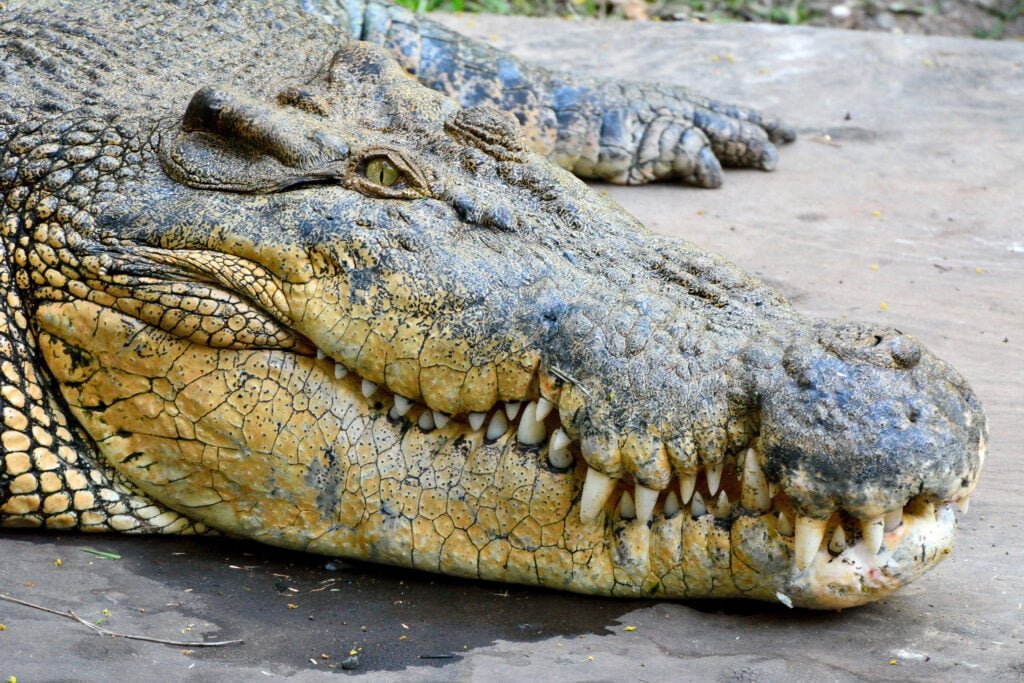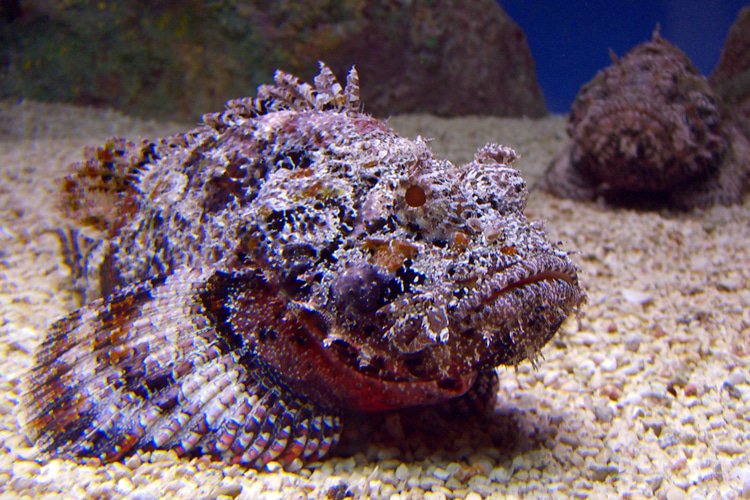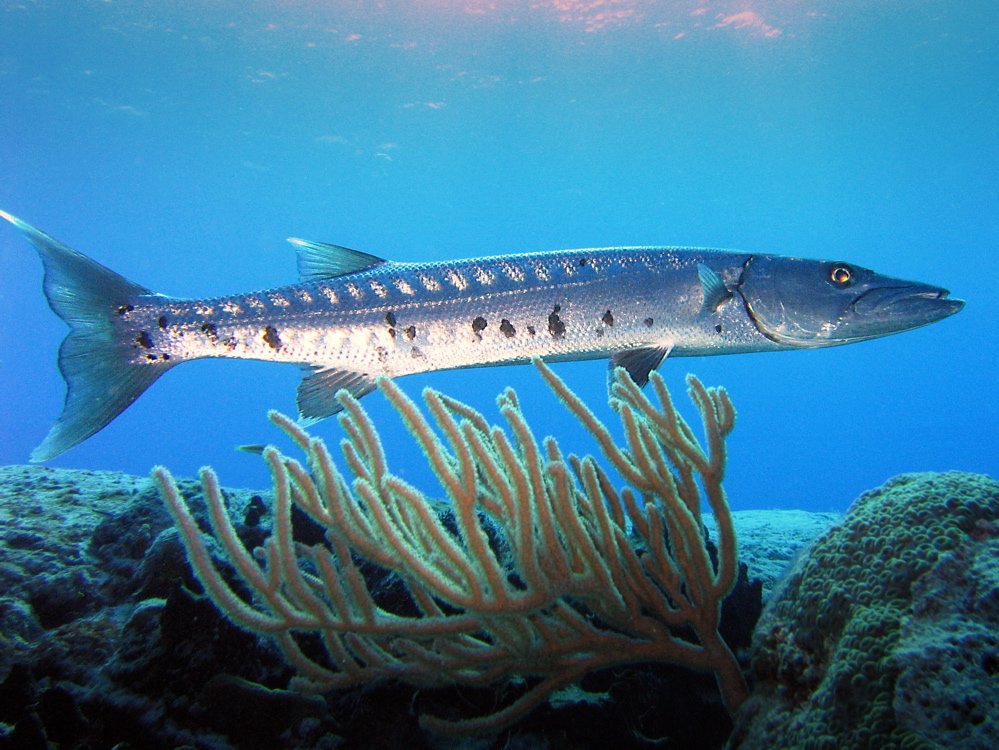10 sea creatures deadlier than sharks
Sharks often receive disproportionate attention as menacing predators, yet there are several sea creatures that pose a higher risk to human life. From venomous marine species to stealthy predators, these animals can cause harm and even fatalities in encounters. This essay explores ten sea animals that are more likely to cause human deaths than sharks, shedding light on their unique characteristics and the risks they present.
Box Jellyfish
The box jellyfish, particularly the Australian box jellyfish, is one of the deadliest marine creatures. Their tentacles contain potent venom that can rapidly affect the heart, nervous system, and other vital organs. In coastal regions where box jellyfish thrive, fatal encounters can occur, emphasizing the need for caution and awareness.
Box Jellyfish
Irukandji Jellyfish
Similar to the box jellyfish, the Irukandji jellyfish is a tiny but highly venomous species found in Australian waters. Its sting can induce a condition known as Irukandji syndrome, which includes severe pain, hypertension, and potentially fatal complications.
Irukandji Jellyfish
Saltwater Crocodile
Saltwater crocodiles, also known as estuarine or "salties," are the largest living reptiles and apex predators. Found in coastal regions of Australia, Southeast Asia, and parts of the Pacific, these formidable creatures are responsible for numerous human fatalities, especially when humans encroach upon their habitats or venture into their territory.
Saltwater Crocodile
Stonefish
Camouflaged and immobile, the stonefish poses a hidden danger. Its venomous spines can inflict excruciating pain and, if not treated promptly, potentially lead to death. Found in the tropical waters of the Indo-Pacific, encounters with stonefish can occur in shallow coastal areas.
Stonefish
Cone Snails
Cone snails are beautiful and seemingly harmless, but they possess a powerful venom that they inject through a harpoon-like tooth. The venom can cause paralysis and affect the respiratory system, making certain species of cone snails capable of causing human fatalities.
Cone Snails
Blue-Ringed Octopus
The small and unassuming blue-ringed octopus inhabits the tidal regions of the Pacific Ocean, including the waters around Australia. Its vibrant blue rings are a warning sign, as the octopus carries a potent neurotoxin capable of causing paralysis and potentially leading to respiratory failure.
Blue-Ringed Octopus
Portuguese Man-of-War
Often mistaken for a jellyfish, the Portuguese man-of-war is a colonial organism with venomous tentacles that can deliver painful stings. While rarely fatal, severe reactions to their stings can occur, necessitating medical attention.
Portuguese Man-of-War
Saltwater Stonefish
Distinct from its freshwater cousin, the saltwater stonefish is found in the coastal waters of the Indo-Pacific region. Its venomous spines can cause intense pain and, in rare cases, lead to severe complications or fatalities.
Saltwater Stonefish
Barracuda
Known for their swift and aggressive nature, barracudas are formidable predators. Although attacks on humans are rare, encounters with barracudas have resulted in severe injuries, including bites and lacerations.
Barracuda
Moray Eels
Moray eels, with their powerful jaws and sharp teeth, can deliver painful bites when provoked or accidentally disturbed. While attacks on humans are relatively infrequent, divers and snorkelers should exercise caution when encountering these marine creatures.
While sharks capture much of the spotlight, it is essential to recognize that various sea animals present a greater risk to human life. From venomous marine species like the box jellyfish and cone snails to stealthy predators like the saltwater crocodile, these animals require caution and respect when venturing into their habitats. Understanding the dangers posed by these creatures helps promote awareness, ensuring that appropriate safety.
If you would like to write for The Daily Jaws, please visit our ‘work with us’ page
For all the latest Jaws, shark and shark movie news, follow The Daily Jaws on Instagram, Twitter and Facebook.













